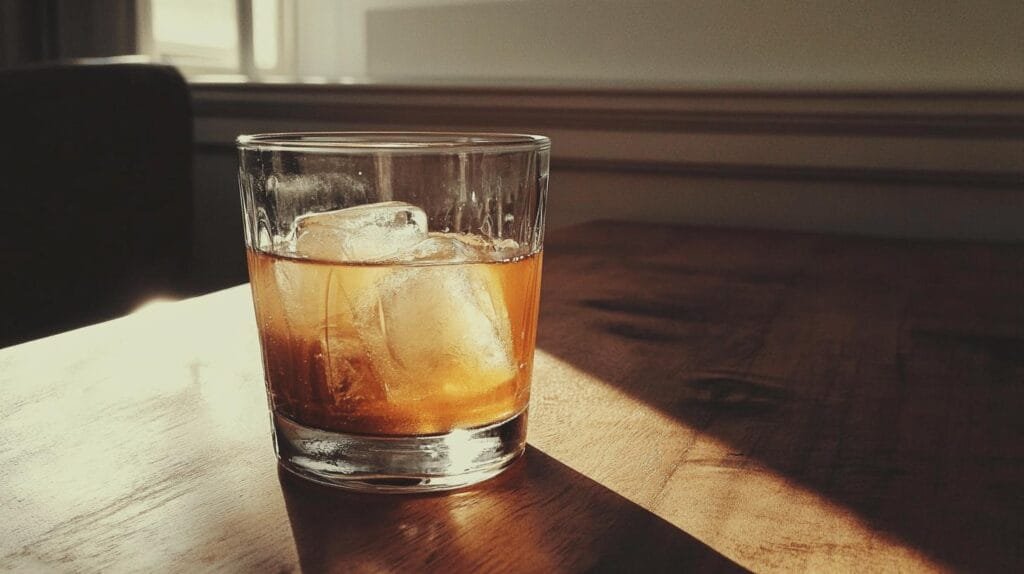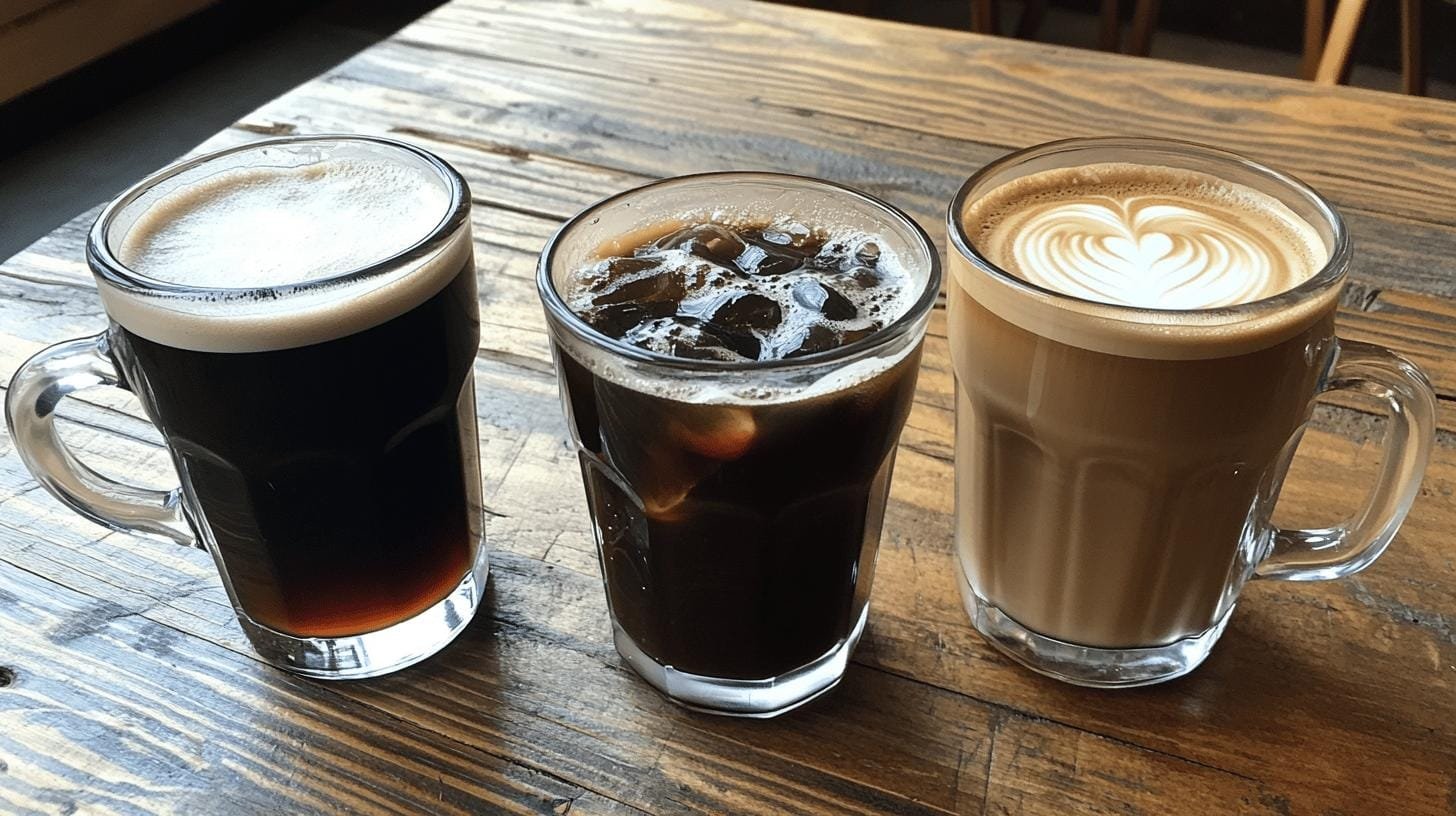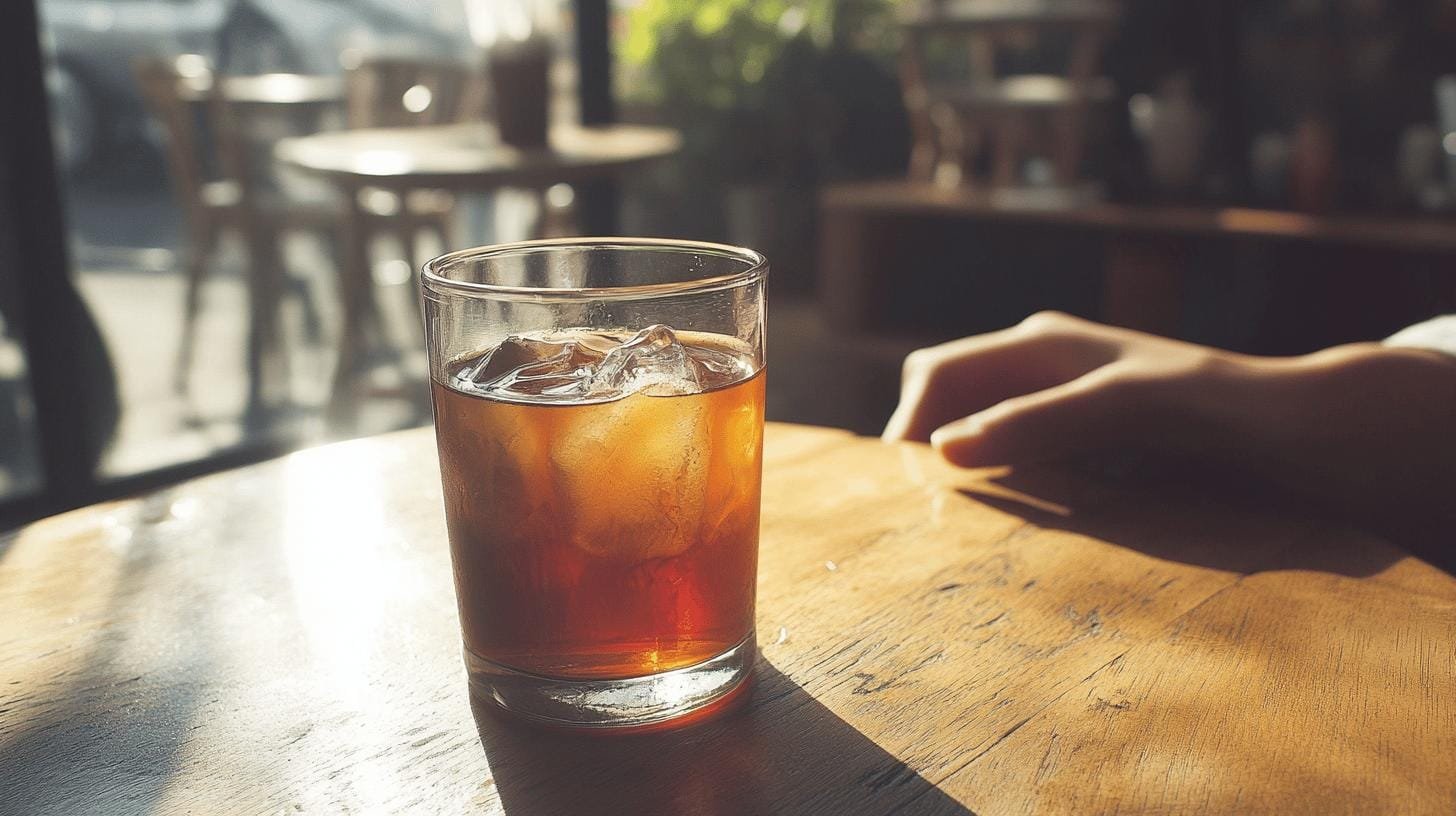
Artisanal Rituals for a Memorable Customer Experience
How can brands create a more balanced and memorable customer experience by blending artisanal product quality with thoughtful everyday rituals that keep people coming back?

Did you know that a single 16-ounce serving of cold brew coffee could contain an astonishing 200 milligrams of caffeine? This infusion’s potent caffeine content often surpasses its hot-brewed counterparts, leaving many coffee enthusiasts surprised. Despite its smooth taste and cool temperature, cold brew is a powerhouse of caffeine, thanks to its extended steeping process. This article delves into the compelling reasons behind cold brew’s elevated caffeine concentration. Join us on an exploration to uncover the factors influencing this enigmatic beverage’s caffeine levels.
Cold brew coffee typically has about 200 mg of caffeine per 16-ounce serving, which is usually more than hot-brewed coffee. This higher caffeine content comes from its unique brewing method. Cold brew uses a longer steeping time, from 12 to 24 hours, allowing more caffeine extraction. Hot brew coffee, prepared more quickly, has less caffeine because of shorter contact time with water.
The amount of caffeine in cold brew depends on several factors:
By adjusting these elements, you can tailor your cold brew to different caffeine levels. Whether you want a strong or mild cup, cold brew offers flexibility for coffee lovers.

Cold brew often has more caffeine than hot brew. A 12-ounce hot brew usually contains about 144 mg of caffeine. Cold brew ranges from 109 mg to 285 mg per 12-ounce serving. The longer steeping time in cold brewing results in more caffeine extraction, making it a strong choice for caffeine seekers.
| Coffee Type | Caffeine (mg per serving) | Serving Size |
|---|---|---|
| Cold Brew | 109 – 285 | 12 oz |
| Hot Brew | 144 | 12 oz |
| Espresso | 63 | 1 oz |
Espresso, known for its rich taste, has about 63 mg of caffeine per 1-ounce shot. Even though espresso is small and flavorful, it has less caffeine per serving than both cold and hot brews. The small serving size gives a strong taste but not as much caffeine. Cold brew’s long brewing time results in a richer caffeine profile, making it appealing to those wanting more caffeine in one serving.
The amount of caffeine in cold brew depend on factors like bean type, grind size, and brewing method. During brewing, caffeine is quickly extracted in the first 180 minutes, slows between 180 to 360 minutes, and is minimal after 600 minutes. This means most caffeine is extracted early on. Bean choice affects caffeine levels too since different beans have varying natural caffeine amounts. Knowing these factors helps manage caffeine intake in cold brew.
Brewing time and grind size greatly impact caffeine content in cold brew. Longer brewing allows more caffeine extraction, but it’s negligible after 600 minutes. This means brewing beyond 10 hours might not significantly increase caffeine. Grind size matters too; finer grinds extract caffeine more efficiently, while coarser ones make milder brews. Adjusting these variables lets coffee lovers customize their brew to desired caffeine levels.
Coffee bean type and roast level affect the amount of caffeine in cold brew. Some bean varieties naturally have more caffeine. Dark roasts generally have less caffeine than medium ones because roasting reduces caffeine levels. Choosing the right bean type and roast enables customization to match caffeine preferences.

Moderate caffeine intake offers health benefits like improved alertness and metabolism. Cold brew, with its smooth taste and lower acidity, is good for sensitive stomachs. Its reduced acidity is gentler on digestion, appealing to those uncomfortable with hot coffee. Caffeine also aids focus, potentially boosting productivity.
However, caffeine affects people differently, potentially causing:
Those sensitive to caffeine might feel restless or nervous even with small amounts. It’s important to monitor intake for managing sensitivity, adjusting cold brew consumption as needed. By staying aware of personal limits, you can enjoy cold brew without adverse effects.
You can adjust cold brew caffeine by tweaking various brewing factors, like the coffee-to-water ratio and steeping time. This flexibility helps create a personalized brew for your caffeine needs.
By experimenting with these factors, you can enjoy a cold brew tailored to your specific needs. This customization satisfies taste preferences and allows better caffeine control, ideal for those monitoring their consumption closely.
Exploring the world of cold brew coffee reveals intricate nuances in caffeine content. By understanding the variability in caffeine levels, enthusiasts can appreciate the balance between taste and potency. Cold brew’s distinctive characteristics provide a unique advantage for personal caffeine management. Knowledge of factors like bean type, brew time, and health considerations enhances this experience.
Ultimately, mastering the amount of caffeine in cold brew coffee allows for a customized, enjoyable coffee indulgence tailored to individual preferences. Embracing these insights can enrich one’s journey into the diverse realm of coffee.
Cold brew generally contains more caffeine than hot-brewed coffee. Its longer steeping time, up to 24 hours, results in higher caffeine concentration compared to hot brew methods.
An 8 oz serving of cold brew coffee usually contains approximately 100 to 142 mg of caffeine. This amount can vary based on brewing variables like time and coffee type.
Cold brew often contains more caffeine than regular hot-brewed coffee due to its extended steeping time. A 12 oz cold brew can range from 109 mg to 285 mg, while hot brew averages about 144 mg.
Starbucks cold brew contains about 200 mg of caffeine per 16 oz serving. Factors like coffee blend and brewing settings may influence this figure.
High caffeine intake may lead to increased heart rate, anxiety, and insomnia. However, cold brew’s lower acidity can benefit sensitive stomachs, and monitoring personal intake is advised.

How can brands create a more balanced and memorable customer experience by blending artisanal product quality with thoughtful everyday rituals that keep people coming back?

Independent coffee shops have always been about more than caffeine—they’re hubs of creativity, connection, and care. As café culture continues to evolve, new trends are

Introduction Independent cafes win when they feel like the neighborhood’s living room and operate with the discipline of a great kitchen. Below is a quick

Discover how top specialty coffee brands create lasting loyalty through storytelling, sourcing, and community connection. Real tips from 6 industry experts.

Discover the ultimate showdown between two beloved coffee brewing methods: the French press and Chemex. Explore how each technique caters to distinct palates, with the French press delivering bold flavors and the Chemex presenting a bright, clean taste.

Unlock the secrets to brewing the perfect cup of coffee with our comprehensive guide on using a coffee scale. Discover how precise measurements enhance flavor and consistency while eliminating bitterness.

Discover how water temperature plays a vital role in brewing the perfect cup of coffee. This article delves into the ideal temperature range of 195°F to 205°F for optimal flavor extraction, enhancing the enjoyment of high-quality beans.

Discover the world of curated specialty coffee bundles, perfect for enthusiasts seeking quality and craftsmanship. This article explores the benefits of ethically sourced, small-batch beans from brands like Equipoise Coffee, offering diverse flavor profiles that elevate your brewing experience.

Discover the art of manual brewing to elevate your coffee experience! This article explores various techniques like pour-over, French press, and AeroPress, revealing how they enhance flavor and your connection to every cup.